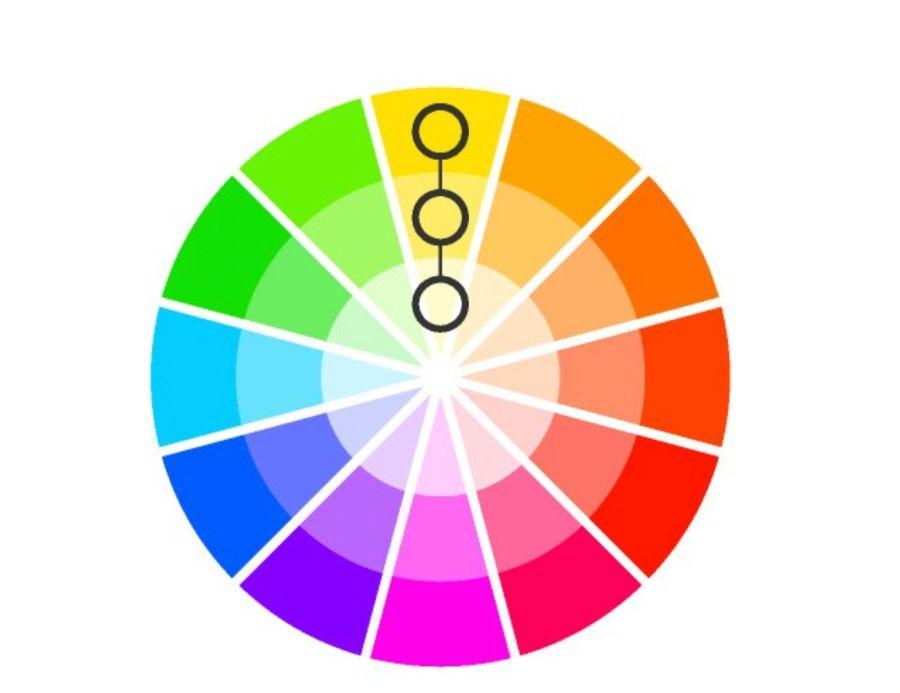Best Selling Products
Traditional SEO "Lose" to ChatGPT, Gemini: What's the Way for Professionals?
Nội dung
- 1. The role of traditional SEO
- 2. A new era when AI bots “read” more than humans
- 3. The numbers speak for themselves: When Google is no longer “alone in the market”
- 4. More harm than good: AI Bots – “Uninvited guests”?
- 5. Control loophole: Websites find it difficult to prevent AI bots
- 6. “SEO people” stand at a crossroads
- 7. New Directions: What's Different About SEO for AI?
- 8. Risks and open questions
- 9. What is the future for SEO?
- 10. Fork in the road – Way out or dead end?
With the explosion of generative AI, especially smart AI chatbots like ChatGPT, Gemini, Grok, Perplexity, the role of SEO is at a crossroads.
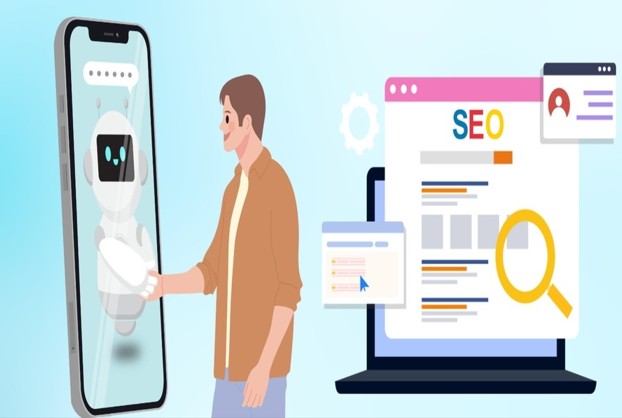
For over 20 years, Search Engine Optimization, or SEO for short , has been considered the soul of digital marketing. From the early days of Google's explosion to the boom of smartphones and e-commerce, SEO has played a key role in helping businesses, organizations, and individuals bring their products, services, and information to users.
SEOers used to be proud of their ability to “read” Google and Bing algorithms to “lead” content to surpass millions of competitors, winning top search positions, which means huge traffic and great revenue opportunities. However, with the explosion of generative AI, especially smart AI chatbots such as ChatGPT, Gemini, Grok, Perplexity, the role of SEO is at a crossroads. Is optimizing websites for users still enough? Or are “SEO people” forced to change their mindset and prepare a strategy to approach a “new audience”: AI bots?
1. The role of traditional SEO
Before the rise of generative AI, the SEO process could be summarized in a few key steps: keyword research – content optimization – backlink building – improving user experience – waiting for Google to rank.
Each Google algorithm update can “overthrow” the whole system, but in general, “SEO people” are still familiar with the cycle:
Understand user search behavior: What are they typing into the search bar?
Create quality content: Accurately and convincingly answer the searcher's needs.
Ensure website meets technical standards: Page loading speed, mobile-friendly, internal links,...
Take advantage of social networks: Drive traffic to help Google "recognize" reputable websites.
With that formula, SEO has helped millions of small and medium-sized businesses survive, even rise to the level of the big guys. Users are the center, and Google is the “door” that leads.
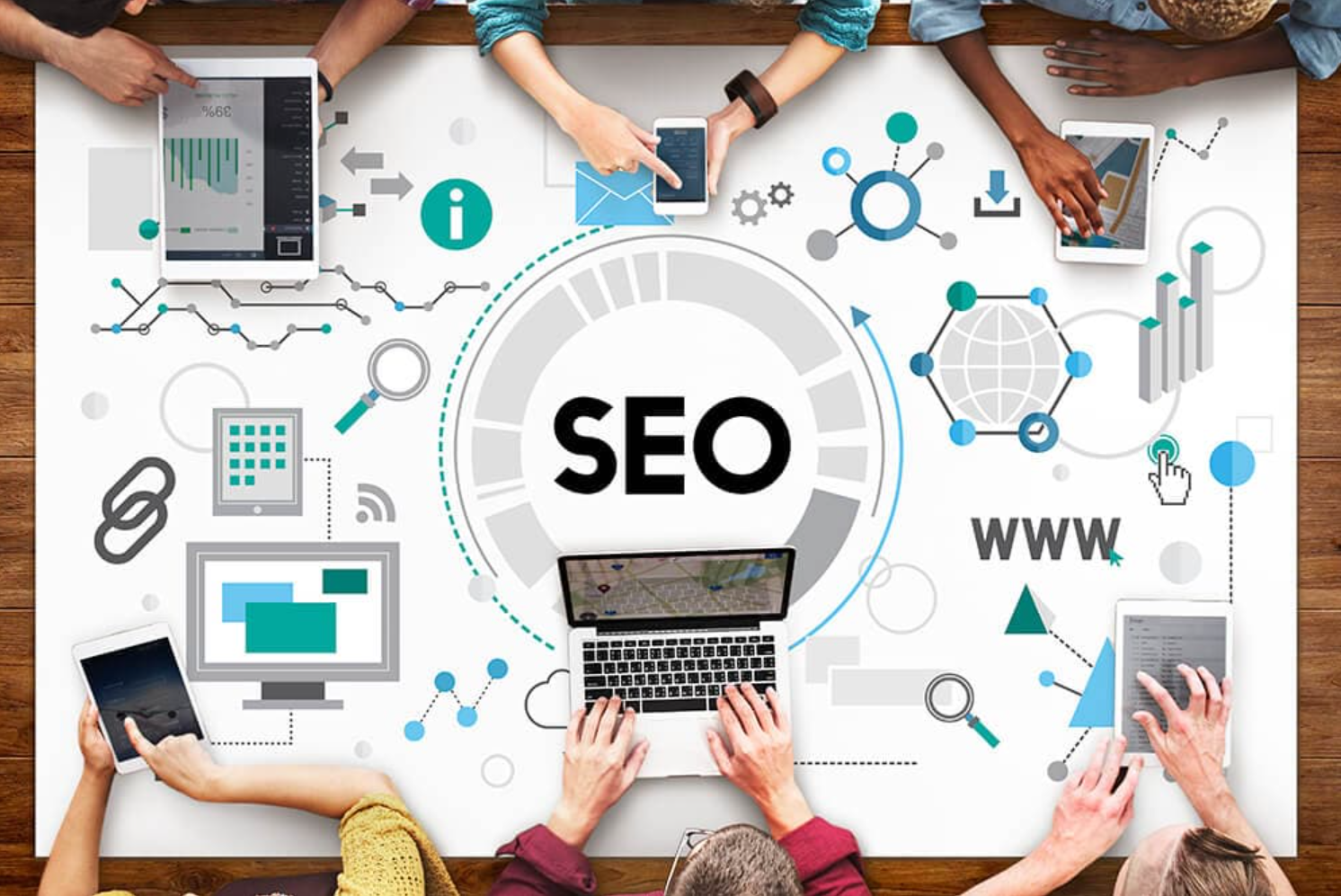
2. A new era when AI bots “read” more than humans
But then, the tide began to turn. In the past two years, a wave of generative AI has swept across every field: from chat chatbots, virtual assistants, to search tools with integrated information summarization capabilities.
Google still leads in search market share, but user behavior, especially among Gen Z and Alpha, is changing rapidly. They have less patience to read a bunch of blue links, instead, they prefer a neat summary, with sources, from chatbots like ChatGPT, Gemini, Perplexity…
To do that, AI companies deploy massive armies of bots. Millions of bots crawl the web, “scraping” information, storing it, and synthesizing it in real time. They “read” more than humans, process data faster, and are smarter.
According to a report by TollBit – a New York-based startup that specializes in providing solutions to help news publishers track and monetize content mining by AI, in the first quarter of 2025 alone, traffic from AI bots increased 49% compared to the fourth quarter of 2024.
A staggering number: In the past 8 months, traffic from AI bots has increased 2.5 times, far outpacing the growth rate of human traffic. Meanwhile, traditional clicks are decreasing.
3. The numbers speak for themselves: When Google is no longer “alone in the market”
Previously, 100% of traffic came from Google (or similar search engines). Now, a large portion of queries are “swallowed” by chatbots right from the first question. Users do not need to click on 10 blue links, do not need to open each article, everything is wrapped up in a summary.
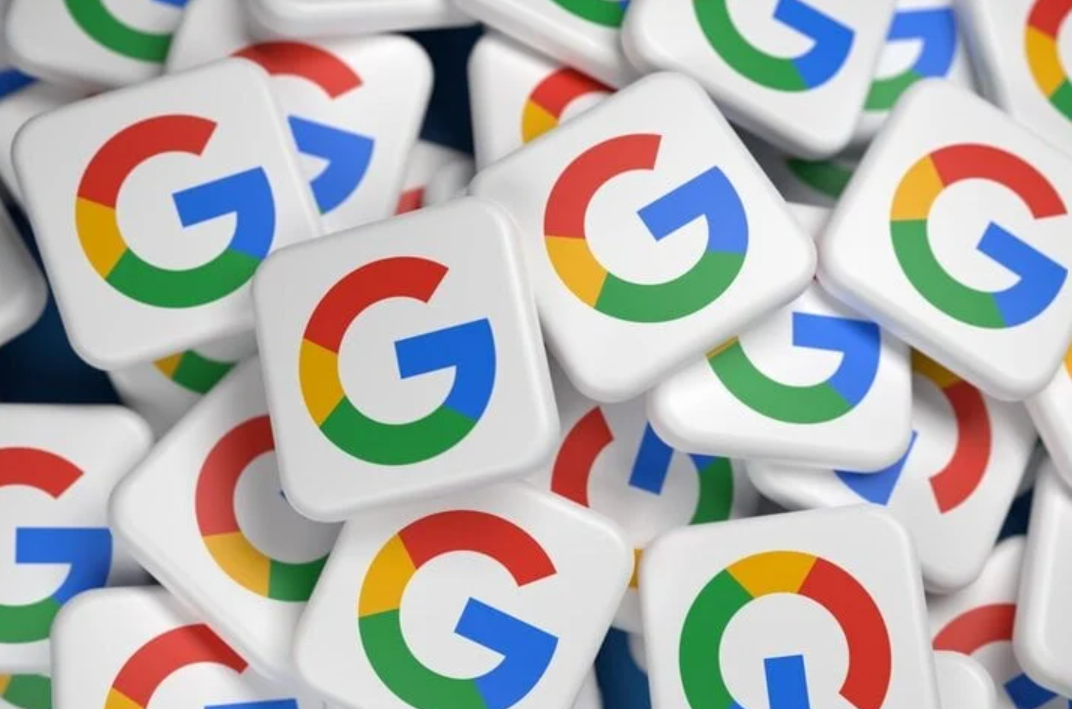
Gartner – a prestigious research company predicts that traditional search volume will decrease by at least 25% by 2026.
A case in point: Chegg, the online education platform, sued Google over its AI Overview feature, alleging that the summary displayed at the top of search results pages significantly reduced clicks and revenue.
So what will SEO do when users no longer click on articles, and AI bots continuously "consume" data without paying?
4. More harm than good: AI Bots – “Uninvited guests”?
At first glance, increased web bot traffic sounds positive. Websites are “read” more, pageviews increase, bandwidth increases.
But the problem is that AI bots are not real people, they don't buy anything, they don't click ads, they don't convert.
Worse, these bots “suck” content and return ready-made answers, leaving users with no reason to click back to the original website.
TollBit CEO Toshit Panigrahi frankly warned:
“The number of real people visiting websites will decrease, but the total pageviews will explode. This will start in the news publishing industry, but will spread to all sectors.”
This leads to a paradox: Websites have a huge number of “reads”, but advertising revenue and conversion rates are still decreasing. Traditional SEO, which relies on quality traffic, is facing a difficult problem.
5. Control loophole: Websites find it difficult to prevent AI bots
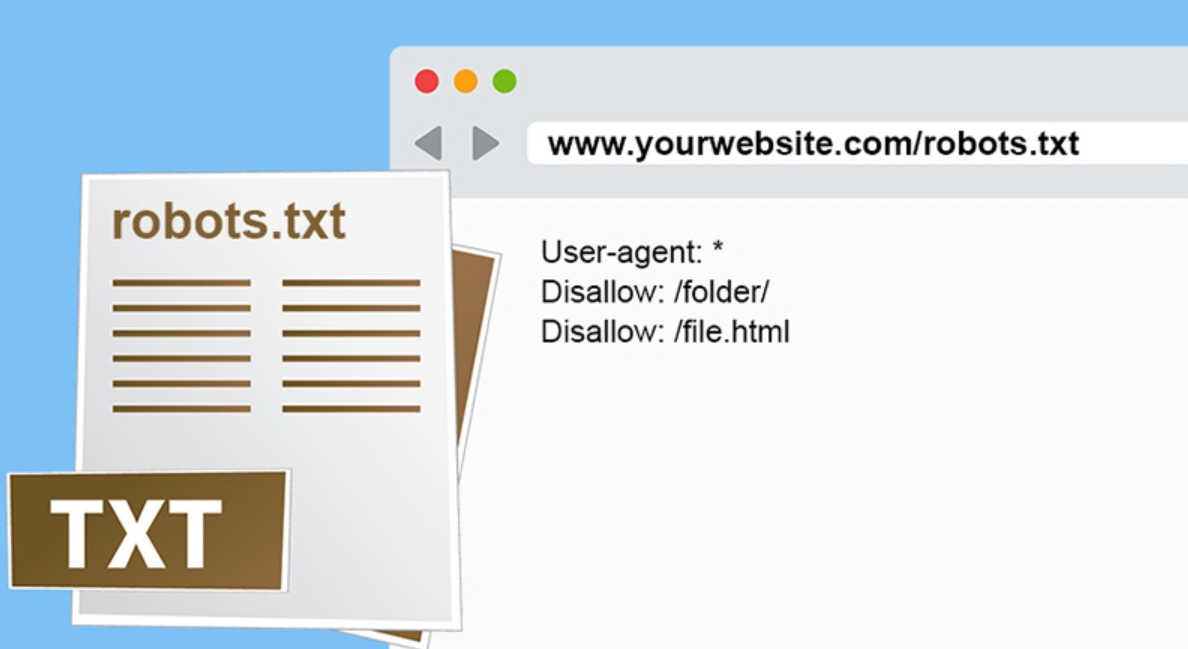
Some websites have tried to block AI bots through robots.txt, firewalls, or specialized bot blocking tools. But as Panigrahi notes, most AI bots follow basic, valid protocols, making it difficult to block them completely.
Even if the blocking is successful, the website loses the opportunity to be “cited” by the AI, which is key to maintaining rankings in summaries.
That means banning is difficult, but allowing is also risky. So how should SEO calculate?
6. “SEO people” stand at a crossroads
According to experts, traditional SEO practitioners are faced with a choice: continue to optimize for humans or add strategies to “optimize for AI”?
TollBit CEO said:
“If you only think ‘I’m optimizing for users’, you’re missing out on a huge opportunity. AI bots are becoming huge ‘content consumers’. Websites should treat AI bots as ‘guests’ instead of just serving real people like before.”
Some big publishers, like Time, saw this early on. They opted for “sharing agreements”: allowing OpenAI and Perplexity to collect their content in exchange for royalties. But most small sites don’t have a big enough voice to negotiate.
Like before, Google Ads or Google News share revenue with publishers, but with AI, this model is not clearly formed.
7. New Directions: What's Different About SEO for AI?
If AI will “read” the web instead of humans, how should SEO people change?
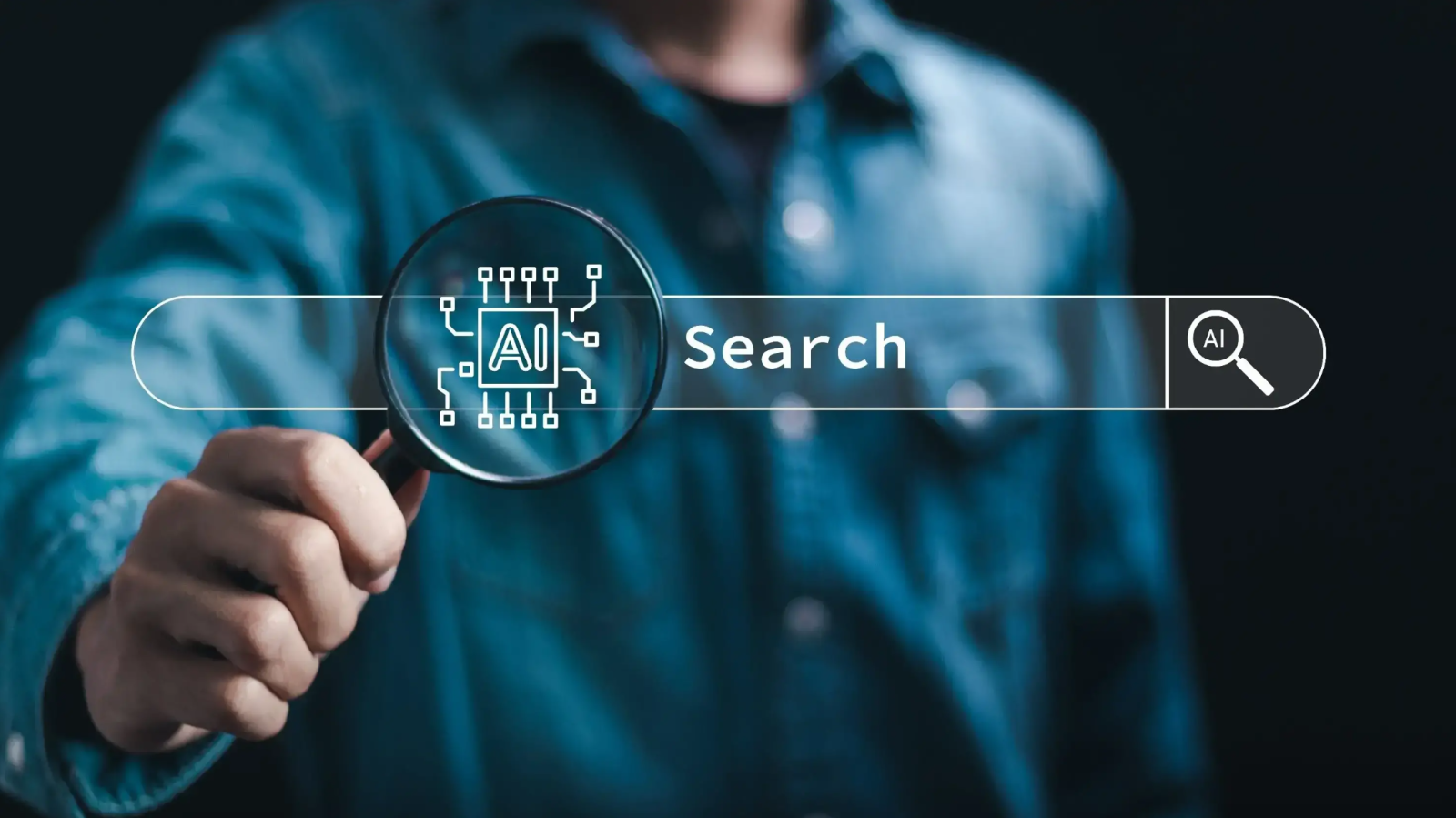
Some tips experts are sharing:
Optimize structured data
AI bots work best when the web has clean, easy-to-analyze data, such as schema markup – the structured data that Google requires to display rich snippets.
Properly tagging your schema not only helps Google understand your content, but also helps AI summarize it fully and easily.
Create in-depth content
When AI synthesizes information, similar content will be mixed in. To be prioritized by AI, the website must have its own perspective, in-depth information, and exclusive.
Only quality, irreplaceable information forces AI to cite sources.
Change the monetization model
Instead of relying on traffic to “site” to run ads, many publishers are switching to a paywall model or selling content licenses to AI companies.
For example, Time, AP, and Bloomberg have all signed agreements to let AI exploit content legally.
Combining traditional SEO with “AI visibility” strategy
Experts propose a new concept: AIO – AI Optimization. Meaning:
Still optimized for readers.
But in parallel, deploy strategies to make content stand out when AI “reads.”
For example, write detailed FAQs, make data tables, infographics, available summaries, etc. to make AI easy to understand and easy to source.
8. Risks and open questions
SEO for AI sounds appealing, but there are a host of legal risks. AI companies mine content, but most don’t have a fair profit-sharing mechanism.
Small businesses, individual bloggers, and local newspapers have less bargaining power than large corporations. Litigation is also difficult, as copyright laws for AI data are still quite vague.
In addition, the transparency of AI is also a big question mark. Will chatbots fully cite the source, or just "brain drain" and turn it into an exclusive answer?
9. What is the future for SEO?

There’s no denying that SEO is here to stay – but it’s not as pure as it used to be. Good SEOs will have to:
- Understand how AI works.
- Update new optimization techniques.
- Learn more about content licensing.
- Work more closely with legal, communications, data departments.
In short, SEO is moving from search engine optimization to AI engine optimization.
10. Fork in the road – Way out or dead end?
AI offers the opportunity to reach millions of people, but it can also cut off the traffic that SEO once considered its “lifeblood.”
This “crossroads” forces SEO people to choose wisely:
- Or change, stay ahead of the trend.
- Or stick to the old formula and be eliminated.
Like any other technological revolution, those who adapt quickly will lead. SEO people – those who are sensitive to algorithms will certainly not stay out of this AI game.
SEO has never been an easy job. It requires technical knowledge, strategic thinking, and the ability to stay up to date with trends. The AI era will be the biggest challenge SEO has ever faced, but it will also open up the biggest opportunity. Think of AI bots as “second customers” – silent, intelligent, but full of potential. And don’t forget, real people are still the ones who decide to buy. Optimize for AI but don’t forget about people. That is the “secret to survival” of SEO in the AI era.











































